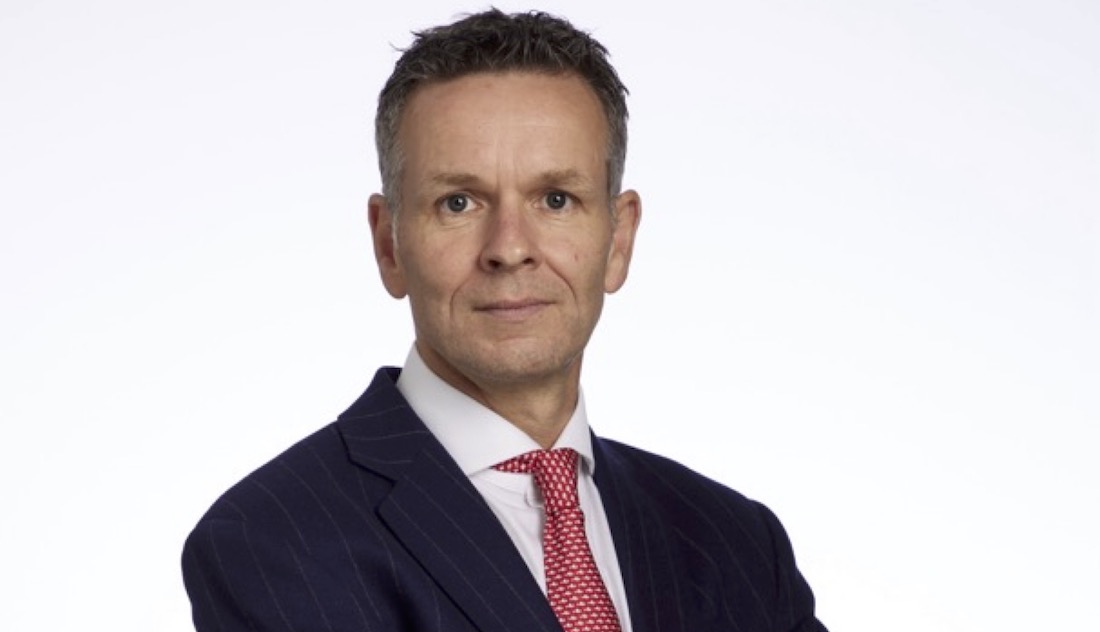Gathering robust, reliable and timely data to inform ESG investment decisions remains a persistent problem for asset managers and their investors.
Advances in standardisation, technology and a firmer steer from regulators about what is needed and from whom have helped to a certain degree in collating companies’ approach to environmental, social and governance issues.
But accusations of greenwashing remain. Walmart was asked to pay USD3 million by the US Federal Trade Commission for misleading consumers on its use of bamboo and rayon, while H&M was criticised by the Norwegian Customer Authority for false advertising for its new “environmentally friendly” collection.
With so much uncertainty and inconsistency in the EG data space, Lyons O’Keeffe, ESG Director at global investor services group IQ-EQ says companies and asset managers are starting to think differently about how they collect information.
“Investee companies and asset managers are wisely moving to a new stage in their thinking; how can they take a perceived qualitative good and turn it into a provable and standardised data story that can be used to report, benchmark, and measure progress. This fresh demand for rigour means the new ESG stories need to be sourced from data, not marketing brainstorms,” he says.
O’Keeffe says the traditional approach taken by asset managers of sending out spreadsheet with reams of questions for companies to complete is no longer adequate since these are invariably filled out sporadically, and answers are left open to interpretation.
“We have found that if you use good technology, to just help people fill in the form, you get much higher completion rates and you’re starting to get information you can really use,” O’Keeffe says.
He points to form-filling online where respondents can only use a standard format – kilometres rather than miles for example – which helps ensure consistency.
He also notes that modern data collection can prevent respondents providing spurious or unlikely answers.
“You can have clever functions that tell respondents that their answer is many standard deviations away from what would normally be expected, and could they double check the information, “he says.
O’Keeffe also recommends asset managers make data collection collaborative by offering companies ESG education and access to findings and research in return for their cooperation.
“If you’re giving help, you’re educating your portfolio companies and you’re not saying this is a one-way street. You’re saying we will help you with this ESG information and we will educate you around this and other people are going to ask for similar information so it’s in your interest to gather it anyway.”
This latter point is important in ensuring ESG data becomes more standardised.
O’Keeffe argues that asset managers with a well thought out platform with pre-determined metrics, designed by ESG professionals the questions will likely be familiar to those seen by investee companies before, which makes it easier for them to both understand and answer.
“If you craft your own questions and ask them in an Excel spreadsheet that you’ve created on your own, companies will likely never have seen those before, and they’re always just a little bit different from the last set of questions they had, which is very frustrating from their point of view.”
Given that a June survey from Mobilityways of 400 UK companies found that just 1.5 per cent of large UK companies feel they are on top of Scopes 1, 2 and 3 reporting, a more advanced and cohesive approach could not be timelier.







